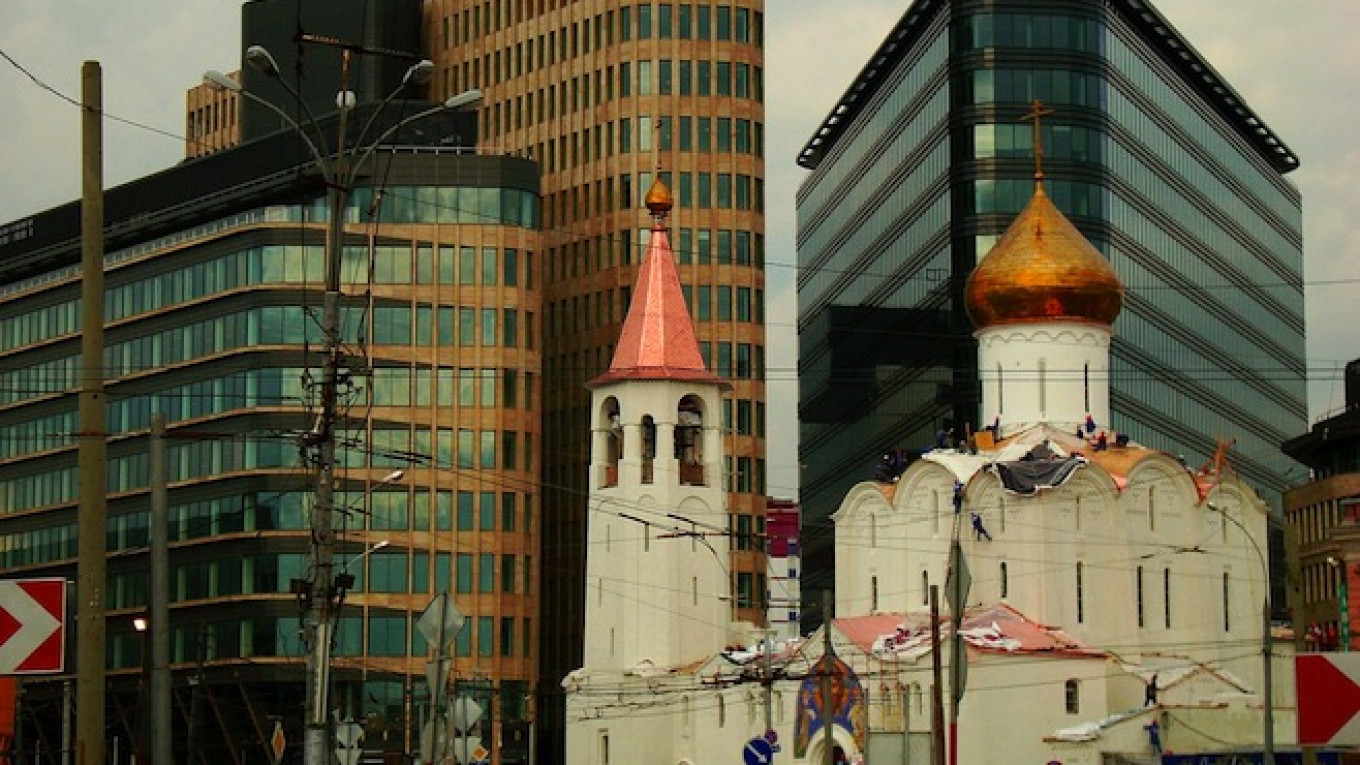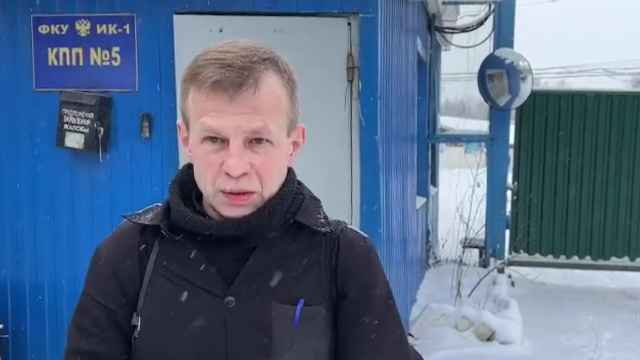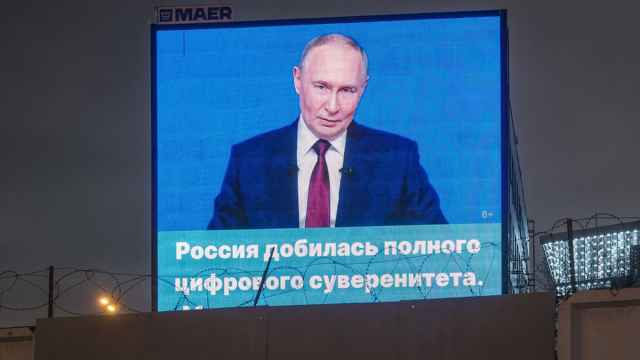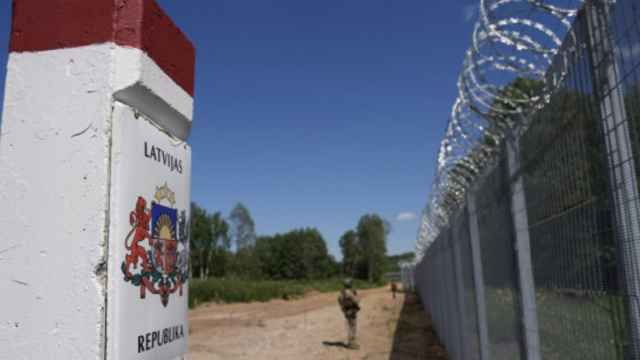The government will issue temporary residence permits to 126,055 foreigners next year, according to an order by Prime Minister Dmitry Medvedev, but regions with large numbers of Ukrainian refugees will not receive significant quota increases.
The number of permits for 2015 is based on reports from Russia's regions about their "migration situation and economic conditions," the government said in a note posted Thursday on its website.
The government approved the issue of 95,880 temporary residence permits in 2014, according to an order published in late 2013, but the actual number of permits issued last year totaled 146,627, the government note said Thursday.
The southern Russian regions of Krasnodar and Rostov — major destinations for Ukrainian citizens who have fled the violence between rebels and government forces in their homeland — are scheduled to get relatively low shares of permit quotas.
Rostov, which sheltered more than 45,000 people from Ukraine as of mid-October, according to the TASS news agency, will get 1,000 residence permits — the same as its allocated quota last year.
Krasnodar — a temporary home to nearly 45,000 Ukrainians, according to regional administration data cited by the local Yugopolis news site — will be allocated 3,500 temporary residence permits, according to Medvedev's order. Its quota for this year was set at 2,500.
The Far East, where Russia sends many Ukrainian refugees, will see a slight increase of its quota to 7,780 in 2015, compared to 6,430 allocated for this year.
The city of Moscow will receive 2,000, with another 8,000 for the capital's region. Last year's shares for the areas stood at 2,000 and 7,000, respectively.
Once issued, temporary residency permits last for three years, while certain categories of foreigners — including citizens from Belarus and Turkmenistan, as well as highly trained specialists and their families — can immediately apply for full residency in Russia.
A Message from The Moscow Times:
Dear readers,
We are facing unprecedented challenges. Russia's Prosecutor General's Office has designated The Moscow Times as an "undesirable" organization, criminalizing our work and putting our staff at risk of prosecution. This follows our earlier unjust labeling as a "foreign agent."
These actions are direct attempts to silence independent journalism in Russia. The authorities claim our work "discredits the decisions of the Russian leadership." We see things differently: we strive to provide accurate, unbiased reporting on Russia.
We, the journalists of The Moscow Times, refuse to be silenced. But to continue our work, we need your help.
Your support, no matter how small, makes a world of difference. If you can, please support us monthly starting from just $2. It's quick to set up, and every contribution makes a significant impact.
By supporting The Moscow Times, you're defending open, independent journalism in the face of repression. Thank you for standing with us.
Remind me later.






